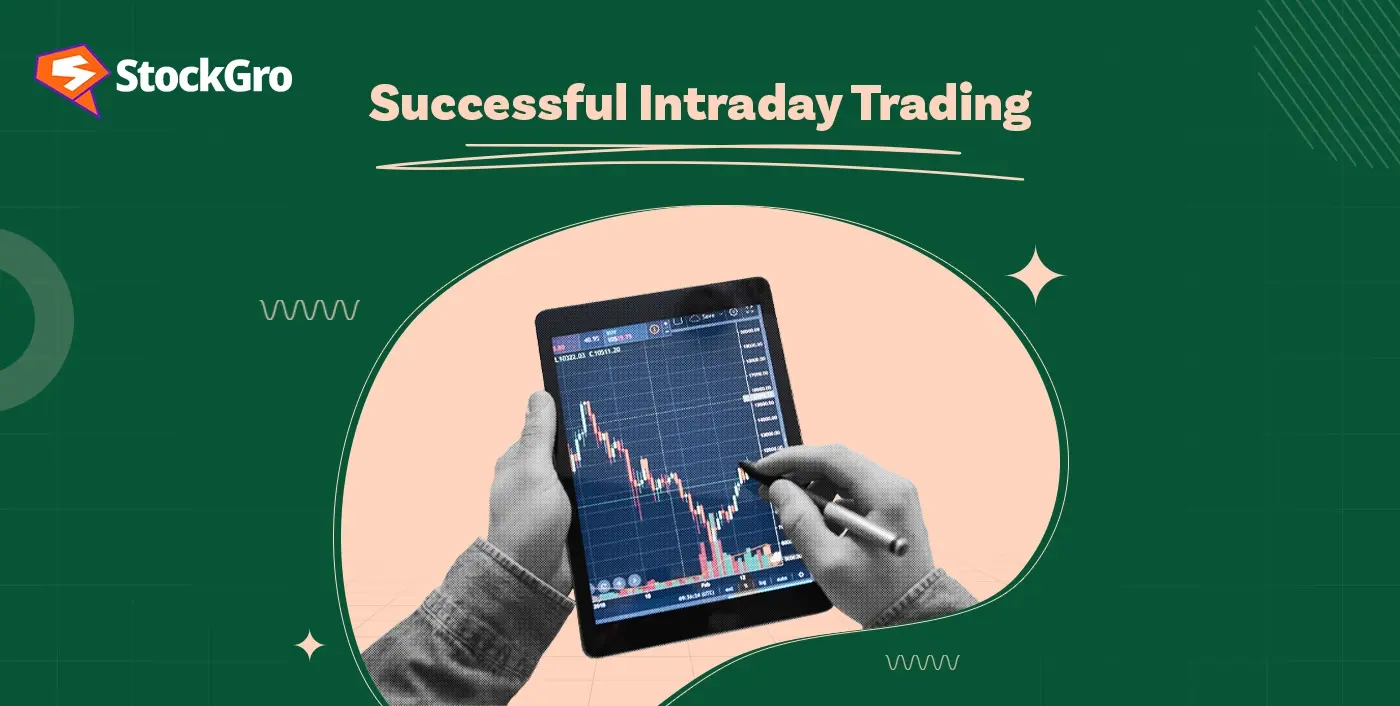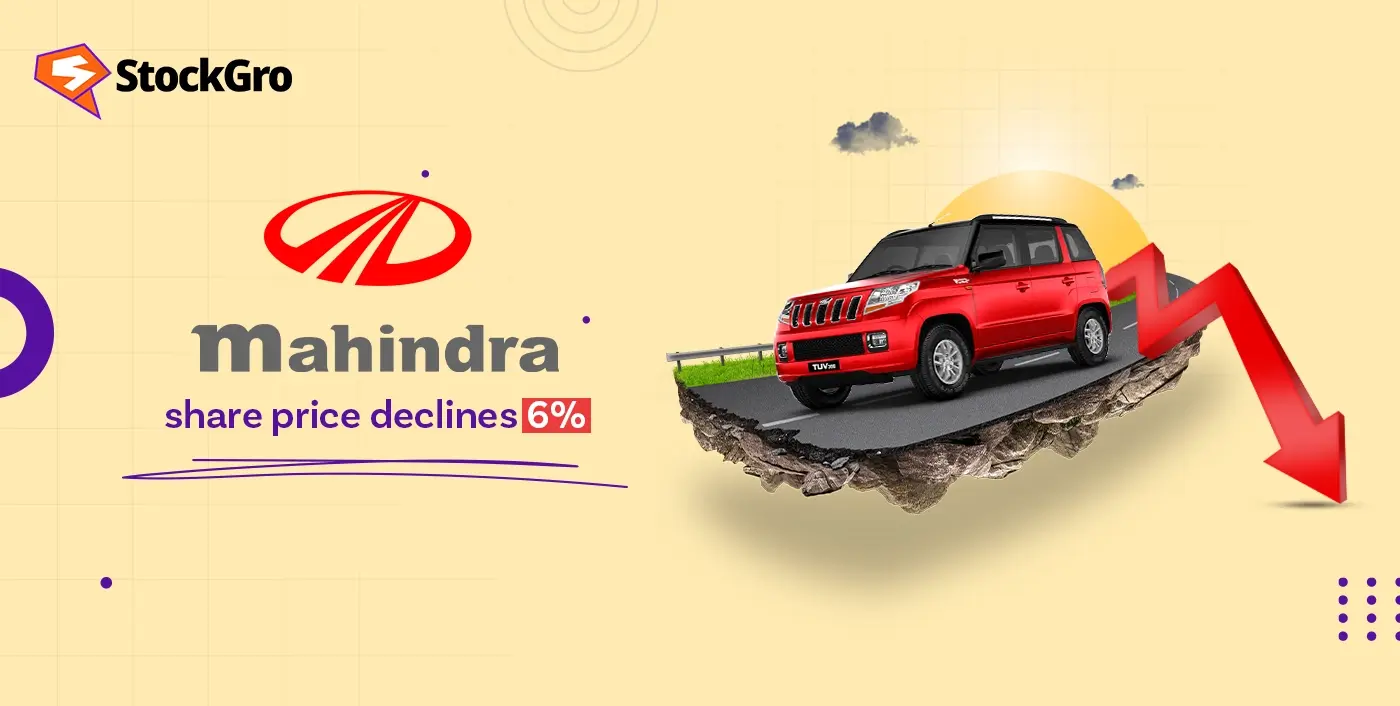
Daily stock market news can be crucial for both short-term traders and long-term traders, depending on their strategies. Short-term traders typically react quickly to daily news, seeking to capitalise on market movements.
On the other hand, long-term traders take a broader view, using the news to adjust their strategies over time while avoiding impulsive decisions. In this blog, we will explore how daily share market news impacts both types of traders and how they can use this information to make better decisions.
The role of daily share market news
Daily share market news encompasses a wide range of information, including:
- Economic indicators: Reports on GDP growth, unemployment rates, inflation, and interest rate decisions.
- Corporate announcements: Earnings reports, mergers and acquisitions, dividend declarations, and management changes.
- Geopolitical events: Elections, trade wars, sanctions, and global conflicts.
- Market sentiment: Analyst upgrades or downgrades, investor sentiment surveys, and market rumours.
- Sector-specific news: Developments in industries like technology, healthcare, energy, or finance.
Key differences between short-term and long-term traders
| Particulars | Short-term traders | Long-term traders |
| Meaning | Traders who buy and sell stocks within a short horizon. | They hold stocks for months or years and focus on long term value and fundamentals. |
| Time horizon | Minutes to days | Months to decades |
| Focus | Price movement and volatility | Fundamental strengths and growth potential |
| Reaction to news | Immediate action based on recent news | Use news to frame long-term strategies. |
| Risk tolerance | High | Moderate to low |
| Emotional impact | More susceptible to emotional decision-making | Less affected by short-term market noise |
| Tools | Technical analysis, chart patterns, and real-time data | Fundamental analysis, financial analysis, valuations |
Also Read: Assessing Risk Levels in Stock Investments
Impact on short-term traders
Short-term traders, which are usually intraday traders or swing traders, take risks on the market volatility. Their main goal is to make profits in the price movements in a shorter duration of time which may range from minutes to a few days. For such traders, daily share market news is essential for identifying trading opportunities.
1. Technical analysis and news
Short-term traders usually mix technical analysis with the recent events in the news. If the stock reaches a major resistance level and any positive news is there, these traders may assume a breakout and enter a long-swing position on that particular stock. On the other hand, negative news near a support level could signal a potential breakdown.
For example, on the day of budget 2025, there were changes in the income tax slab. Because of this, the consumers could save money in taxes and spend more. Due to this, the Nifty FMCG index jumped by 3.01% on the same day.
2. Immediate reactions to the news
Short-term trades keep track of news very frequently. Various news, such as quarterly earnings, macro data, and corporate actions, can have a significant impact on stocks. For example, the third-quarter results of RVNL were announced on 14 February 2025. The company reported a net profit of ₹295 crore, which was 9.5% lower than the same quarter in the previous year. As a result, there was major selling by short-term traders and the stock was corrected by 5.11% on the same day.
3. Risk management and emotional impact
Daily news may create valuable opportunities for short-term traders, but it also comes with risks such as fake news, overtrading, emotional impact, and panic selling. Proper risk management is crucial for short-term traders, which is why they often use stop-loss orders to reduce their risks. Additionally, short-term traders are vulnerable to fake news or exaggerated headlines that can cause erratic price movements.
Also Read: Top 5 intraday screeners every trader should use in 2025
Impact on long-term traders
Long-term traders which usually include investors, are focused on the fundamental aspects and the valuations of the company. Their investment period is usually for months or years.
Daily news might not specifically impact their investment decision but it still plays a major role in shaping their strategy. Here is how daily share market news impacts long-term traders:
1. Fundamental analysis
Long-term traders usually analyse a company’s fundamentals through its quarterly results., management calls, economic indicators, corporate developments like mergers and acquisitions, etc.
Even if a company’s results are weak for a few quarters or years, long-term traders continue to hold it if they believe the company is fundamentally strong and has long-term potential. For example, HDFC Bank is traded at a price of ₹1,600-₹1,700 on 20 February 2025. But this stock was in the same range in October 2021, with no significant price appreciation. Still the long-term traders are holding this stock as its fundamentally strong with a market capitalisation of 12.90 lakh crore and ROE of 17.1% as of 20 February 2025.
2. Portfolio adjustments
While daily share market news might not impact long-term traders, they may change their strategy sometimes based on this news. During the recent 2025 budget, investors expected a major allocation toward infrastructure, but no major allocation was made.
Due to this, there was heavy selling in the infrastructure stocks, and the Nifty Infrastructure Index was down by 1.13% on the same day. The long-term traders were able to see that the government spending had slowed down, so they may have considered shifting the allocations to other sectors that could benefit them. This was how the daily share market news affected long-term traders.
3. Geopolitical and macroeconomic trends
Long-term traders watch geopolitical events and macroeconomic trends for their long-term market influence. As an example, the Israel-Palestine conflict led to Brent crude crossing $80 a barrel in the month of August 2024. This increase in oil prices raised inflationary pressures and weighed on energy-dependent industries which may sometimes impact the strategy of long-term traders.
Also Read: Geopolitical Events and Their Impact on Stock Markets
Conclusion
Daily share market news could provide opportunities to both short- and long-term traders, but it will have risks. Short-term traders may take quick advantage of market volatility. However, for long-term traders, it may not have a significant impact, as they rely more on the company’s fundamentals and frame their strategies accordingly.
Regardless of the trading pattern, the main things done by people connected with the market are staying informed, having patience, and maintaining discipline in investment and risk management. By doing so, you can navigate the complexities of the stock market and make informed decisions that drive your financial success.
FAQs
1. Which of the following is better? Short-term trader or long-term trader?
It varies as per individual trading style, risk tolerance, and objectives. Short-term trading suits people who desire rapid gains at the cost of high risk and are ready to deal with volatility frequently, needing quick decision-making and active watch, but paying higher charges and suffering losses owing to volatility. Conversely, long-term trading suits disciplined investors anticipating stable growth at reduced stress with the advantage of low charges and past market uptrends, though one has to withstand market variations.
2. What is the time horizon for short and long-term investment?
The timing can be different, short-term traders can trade in seconds, the same day, or hold for several days to weeks, hoping to take advantage of rapid price action. Long-term traders, on the other hand, hold for months to years, looking at fundamental growth and trends in the market. Short-term trading provides regular opportunities but involves active monitoring and greater risk management, whereas long-term trading is about patience, lower charges, and possible long-term returns.
3. How important is investor sentiment in trading?
Market sentiment is based on investor perceptions, driven by news, moves the market patterns. Good news may encourage buying in stocks, while bad news may cause investors to panic, impacting short-term and long-term policies.
4. What are some strategies to manage risks associated with market news?
Short-term traders usually make use of stop-loss, to reduce the risk. Long-term traders usually keep patience, maintain portfolio diversification and avoid making impulsive decisions based on temporary market news and reactions.
5. What kind of news is important for short and long-term traders?
Traders closely monitor economic data such as GDP growth, inflation, and interest rate announcements, as these factors influence market direction and investor sentiment. Company news, including earnings announcements, mergers, and leadership changes, can cause significant price movements. Geopolitical events such as wars, trade agreements, and elections create uncertainty and impact global markets.

